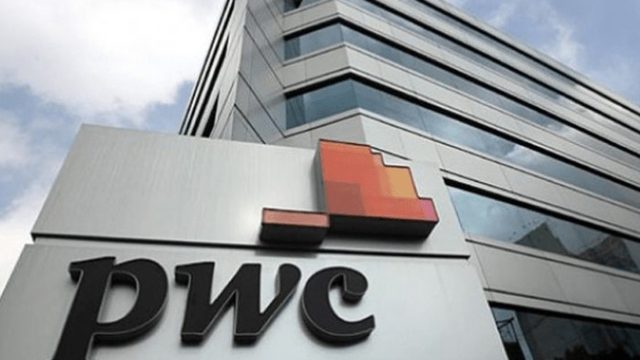Stakeholders across Nigeria’s public and private sectors have called for deeper collaboration and smarter compliance strategies as the country’s push for the most audacious tax reforms is expected to redefine how individuals and businesses engage with the tax system.
Gathering in Lagos on Monday for the PwC Executive Tax Summit, participants dissected the potential impact of the 2025 Tax Act and the broader fiscal measures underpinning what many see as a turning point for Nigeria’s economic sustainability.
The summit drew tax administrators, policymakers, business leaders and industry experts to discuss how to navigate an environment that is shifting rapidly towards technology-driven and fairer taxation.
Country Senior Partner at PwC Nigeria, Sam Abu, urged businesses not to view the reforms narrowly as compliance hurdles, but as levers for competitiveness and growth. He reminded stakeholders that the real test would be how well companies adapt, innovate and align with Nigeria’s wider economic aspirations.
“The world is shifting towards smarter taxation driven by technology, sustainability and cross-border cooperation,” Abu said, stressing that tax should be seen not just as an obligation but also as an enabler of prosperity, especially as the Africa Continental Free Trade Area (AfCFTA) opens up bigger markets.
He called for a united front among government, private sector and citizens, saying the success of the reforms would depend on “building a transparent, fair, and growth-oriented tax system” that encourages compliance and attracts investment.
Chairman of the Presidential Fiscal Policy and Tax Reforms Committee (FPTRC), Taiwo Oyedele, in his keynote, did not mince words about the urgent need to overhaul Nigeria’s outdated tax structure.
“Our tax system before now was like a 1960 Volkswagen Beetle trying to compete in a Formula One race,” Oyedele said, describing Nigeria as a system that had struggled for decades to meet the demands of a modern, growth-driven economy.
He outlined the stark context behind the reforms – ballooning debt servicing that swallows up nearly all government revenue, a tax-to-GDP ratio that is far below the African average, stubborn inflation and an exchange rate that stifled investment.
Since the launch of the reform in May 2023, Oyedele said early signs point to real progress, citing the unification of exchange rates, a positive balance of payments, a less than 50 per cent debt service-to-revenue ratio and an improved tax-to-GDP ratio of 13.5 per cent.
“Our reforms aim to create a simpler, fairer, and more efficient tax system,” he told participants, highlighting measures such as scrapping taxes on capital and investment, harmonising federal levies and rolling out a more progressive tax framework.
Small businesses, he noted, now benefit from higher exemption thresholds while a unitary tax system is expected to cut duplication and ease compliance headaches. But Oyedele made clear that success is not guaranteed without strong stakeholder buy-in.
“We cannot succeed in isolation. We need your ideas, your criticism, and your support,” he urged. PwC Nigeria Tax Partner, Tim Siloma, reminded companies that digital transformation would be critical to coping with tougher compliance demands under the new regime.







